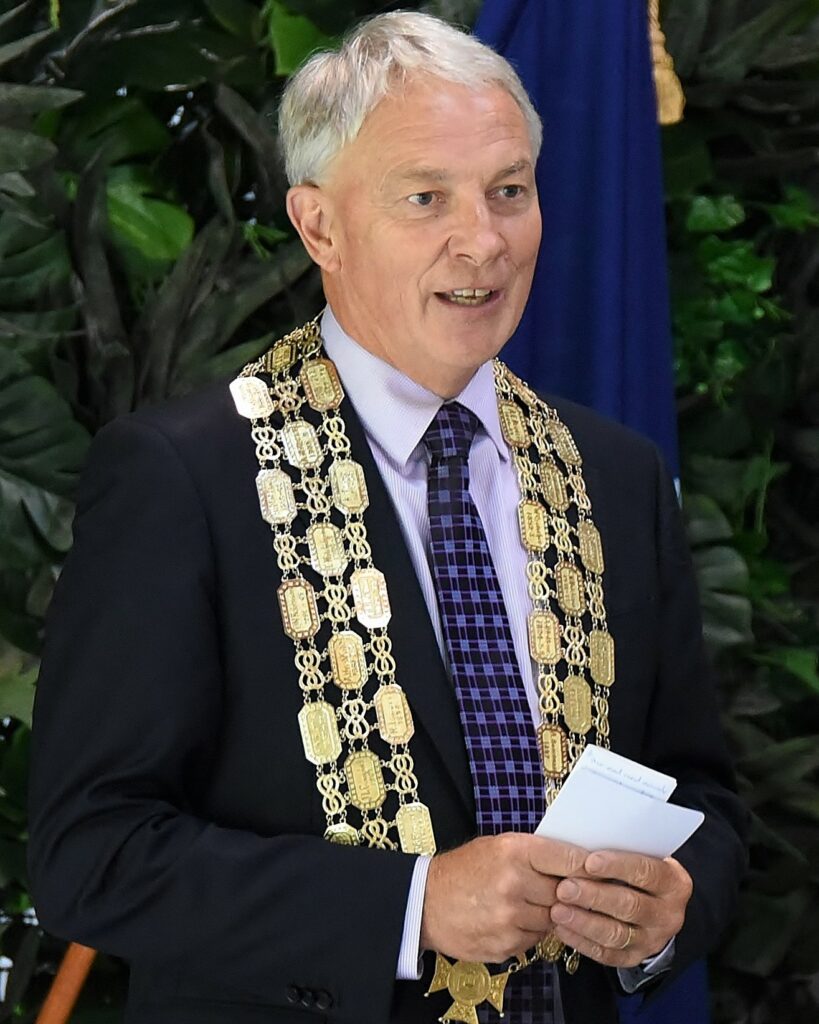Phil Goff outlines priorities as he steps into new role
After nearly 40 years working as an MP, a Cabinet Minister and most recently as Mayor of Auckland, Phil Goff has just started his new role as New Zealand High Commissioner to the United Kingdom. He spoke to Kea about the business opportunities between the two countries and what he hopes to achieve in his latest post.
What was it that originally appealed to you about this new role?
I spent nearly 40 years working as an MP, a Cabinet Minister with portfolios including Foreign
Affairs, Trade and Defence and most recently as Mayor of Auckland. In that time I gained a
wide range of skills and experience, and I saw this role as a one where I would get the
privilege and opportunity to put all of that to good use, at an important time in the UK-NZ
relationship.
Our relationship with the UK is embedded in our history, our institutions, our values and our
people-to-people relationships, but is contemporary and dynamic. We have a new trade deal
which will enter into force this year, a new research, science, and innovation arrangement
which will support UK and New Zealand scientists to collaborate on solving some of the
biggest challenges the world faces, and a soon-to-be-enhanced Working Holiday Visa
scheme, which will enable even more young New Zealanders and Brits to experience each
other’s’ countries.

What are the biggest challenges you are facing as you take on this role?
One of the biggest challenges in the role at this time is to ensure we make the most of the
opportunities offered by the UK reorienting its role in the world. This means expanding our
trade with the UK, the world’s sixth biggest economy and a fellow voice in favour of free and
sustainable trade. It means continuing to support the UK as if focuses more on our region as
part of its Indo-Pacific tilt. It means maximizing our cooperation in science, technology and
climate change as we strive to respond to global warming and achieve a sustainable
environment. And it means working alongside the UK in support of the multilateral rules
based system at the many global challenges that we face.
What value do you hope to add during your time in United Kingdom?
Working with a very good NZ Inc team in London and the many talented New Zealanders
living and working here, my goal is to be an effective advocate for New Zealand’s interests, to
build as strong as possible a relationship to the benefit of both countries and to learn from
the innovative things the UK is doing which may have relevance to New Zealand.
Why is New Zealand’s relationship with United Kingdom so important?
The importance of the relationship with the UK is in part our shared history, our strong
people-to-people relationships and the closeness of our two countries in terms of our
commitment to democracy, to freedom and to upholding human rights and the rule of law
domestically and internationally. The UK brings a huge resource base in terms of its
economy, population size and international influence to our joint pursuit of these principles.
While New Zealand is proud of having an independent foreign policy where we form and
hold our own views, it is nevertheless important that we work with likeminded countries
such as the UK to tackle international problems whether in reducing trade barriers,
advancing climate change action or opposing aggression.
What value can strengthening ties between NZ and United Kingdom bring to Kiwis?
With the UK being the world’s sixth largest economy, one of the world’s largest aid donors
and contributors to climate action, a member of the P5 with significant international
influence, there are real benefits to us working strongly and collaboratively with it.

What opportunities are there for growing Kiwi business in your market?
The UK represents a market of almost 70 million people with a large GDP and high per capita
income. In key areas like wine, honey and onions, it is a critical market for some exporters. In
other export areas like dairy products and meat, reductions in tariffs and other barriers
provide new opportunities. Technology, niche manufacturing, services and investment and
tourism are all potential growth areas. New Zealand will need to leverage its reputation for
high standards and environmental sustainability to gain competitive advantage. The new FTA
opens the door for our exporters and now with the support of groups like Kea and NZTE our
exporters have the opportunity to take advantage of it.

 MENU
MENU






